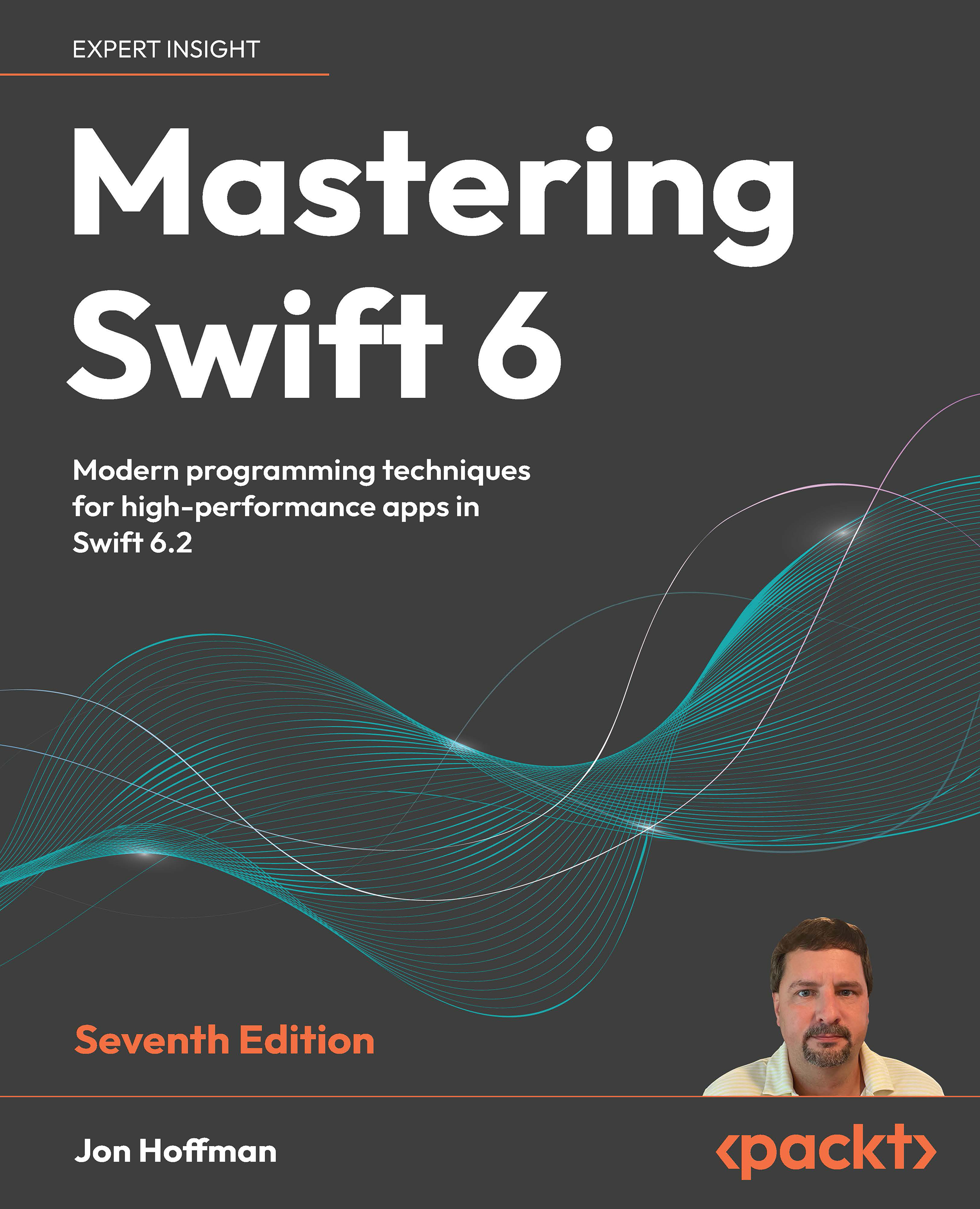Join our book community on Discord

Object-Oriented Programming (OOP) is a widely adopted programming paradigm that organizes software around data, or objects, rather than focusing solely on functions and logic. This approach encourages the creation of reusable and modular components that represent real-world entities or concepts. In OOP, objects can store data and perform actions, making it easier to design complex systems in a more intuitive and structured manner. By aligning software design with real-world objects and actions, OOP principles can simplify the development and maintenance of large-scale applications.
At the core of OOP are four key principles: encapsulation, inheritance, polymorphism, and abstraction. Encapsulation involves grouping data and methods that operate on the data into a single unit, while restricting access to certain components, which helps to protect the integrity of the data. Inheritance allows a class to inherit properties...

































































